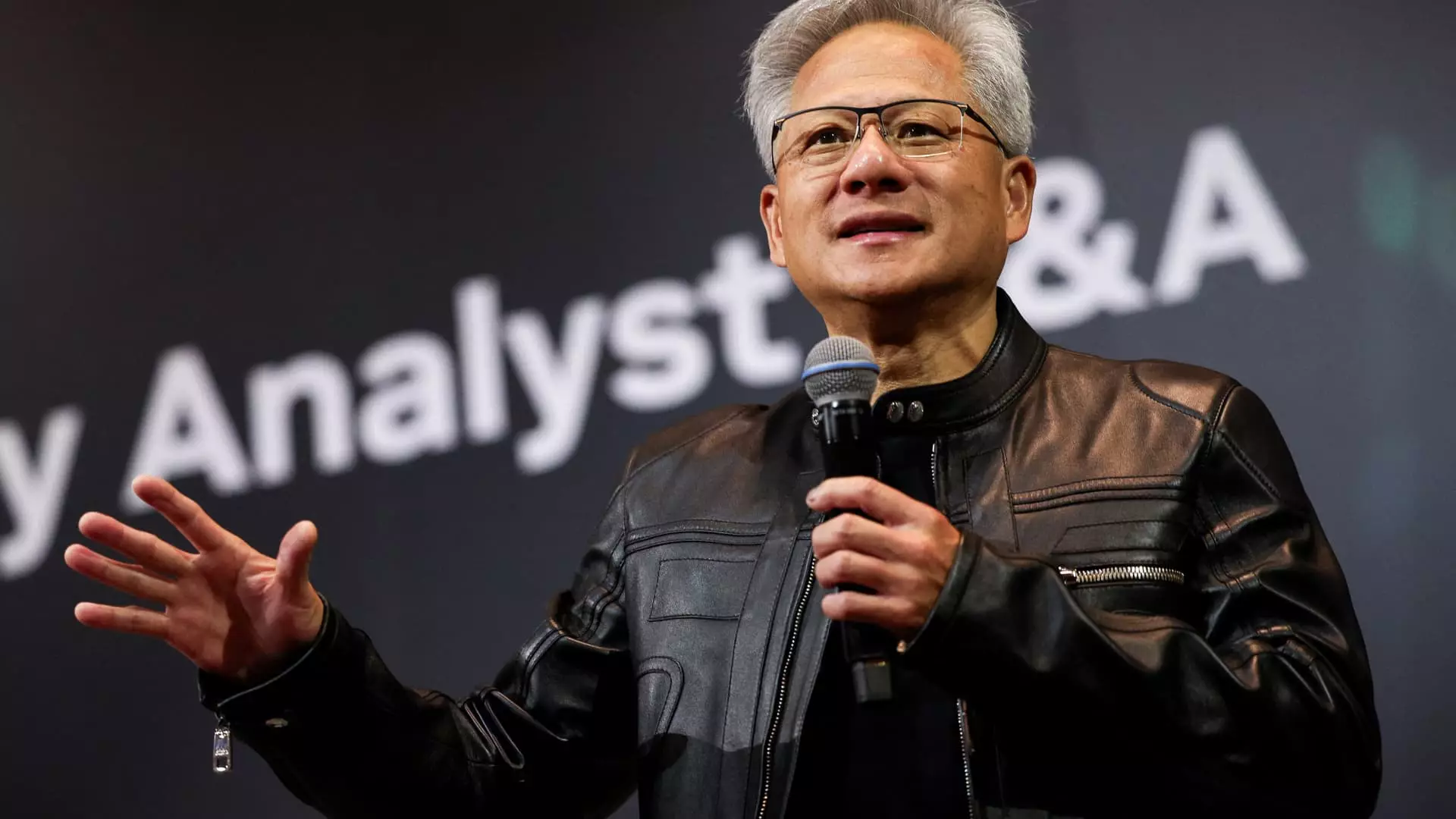In the contemporary geopolitical landscape, the relentless pursuit of technological independence often masks a more insidious truth: genuine sovereignty is increasingly illusory. Nations, especially those aspiring to lead in semiconductor manufacturing and high-tech innovation, are entrapped in a web of dependence spun by multinational corporations and global supply chains. While political leaders tout ambitious plans for self-sufficiency—like the U.S. CHIPS Act—they inadvertently deepen reliance on foreign manufacturing giants like Taiwan Semiconductor Manufacturing Co. (TSMC). This paradox reveals a fundamental flaw: true independence in technology is a myth when critical components and manufacturing capabilities are concentrated outside national borders, often controlled by entities with their own strategic interests.
The obsession with cultivating domestic industries, although well-intentioned, struggles against the reality of global capitalism’s architecture. Countries pour billions into infrastructure and incentives, only to find that the most advanced fabrication facilities remain rooted in geopoliticallyvolatile regions or are dependent on foreign expertise and materials. The narrative of sovereignty crumbles under the weight of this dependence, exposing vulnerabilities that adversaries could exploit—whether through supply chain disruptions, intellectual property theft, or economic coercion. In this context, the positioning of TSMC as a global powerhouse becomes a double-edged sword; the company’s dominance in chip manufacturing makes it a strategic prize, yet simultaneously a liability for nations striving to be self-reliant.
The Diminishing Power of National Borders in Tech Innovation
The modern tech industry defies traditional notions of border sovereignty. Companies like Nvidia and TSMC operate within a transnational framework, their supply chains spanning continents, their R&D teams dispersed across the globe. Jensen Huang’s glowing praise for TSMC underscores a broader reality: the world’s most vital technological assets are no longer confined by national borders. Instead, they are embedded in a complex international ecosystem that can neither be easily mapped nor controlled. This interconnectedness dilutes the power of a nation to steer its technological destiny unilaterally.
Moreover, government initiatives like the CHIPS Act aim to bolster domestic manufacturing but often overlook a critical factor: the strategic value of global partnerships. TSMC’s expansion in the United States, supported by billions in funding, is emblematic of a nuanced approach—while seeking to build local capacity, it also emphasizes integration into a broader international supply system. Such moves question the notion of strategic independence: building local plants does not guarantee technological sovereignty if critical processes, designs, and innovation methods remain foreign-controlled. The false dichotomy of “domestic vs. foreign” becomes irrelevant when the entire industry relies on cross-border collaboration, undercutting the very notion of autonomous national tech prowess.
The Fragile Myth of Self-Reliance in the Tech Age
The fervor around “American-led” chip manufacturing initiatives often veers into nationalistic fervor that disregards economic reality. The desire to overhaul global supply chains and bring semiconductor production home is understandable, yet it is fundamentally flawed. Building a resilient, self-reliant tech ecosystem cannot be achieved overnight—especially not at the scale required to sustain high-tech industries that rely on decades of cumulative expertise.
Furthermore, the emphasis on attracting foreign companies through incentives and government stakes, as highlighted by potential U.S. government investments in TSMC and other companies, reveals a troubling contradiction. It suggests a recognition that true independence remains elusive without engaging with existing global players—a testament to the integrated nature of modern innovation. Such reliance is not inherently a vulnerability; it becomes problematic only when strategic control is compromised or when geopolitical tensions escalate. In essence, attempts to isolate or insulate oneself from the global tech network are doomed to failure and could even accelerate the decline of national technological influence—turning aspirations of sovereignty into strategic liabilities.
The Centrist Liberal Perspective: Balancing Global Cooperation and Sovereignty
From a center-wing liberal perspective, the path forward lies not in antagonizing the inherently interconnected global tech industry, but in crafting policies that promote responsible, balanced cooperation. Embracing global expertise and supply chain integration does not mean surrendering sovereignty; rather, it involves setting international standards for security, transparency, and fair practices. Governments should act as facilitators—ensuring that critical technologies benefit the national interest without fostering dependency or short-sighted protectionism.
This approach recognizes that the future of tech innovation hinges on collaboration, not isolation. While strategic investments and incentives are necessary, they must be accompanied by safeguards that prevent foreign control over vital infrastructure and ensure that technological advancement benefits broader societal goals. The goal should be resilient, adaptable ecosystems that leverage global strengths while maintaining a level of strategic oversight—an enlightened middle ground that acknowledges the interconnected nature of modern innovation, yet champions national interests without falling prey to reactionary nationalism or economic shortsightedness.
In the end, the illusion of absolute sovereignty in the tech realm not only undermines the very idea of national independence but also hampers progress. True strength lies in strategic partnerships and responsible collaboration—fostering a resilient, innovative, and globally engaged technological future that serves the interests of all, not just a few.


Leave a Reply